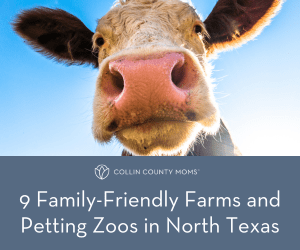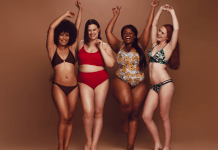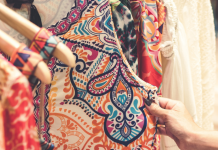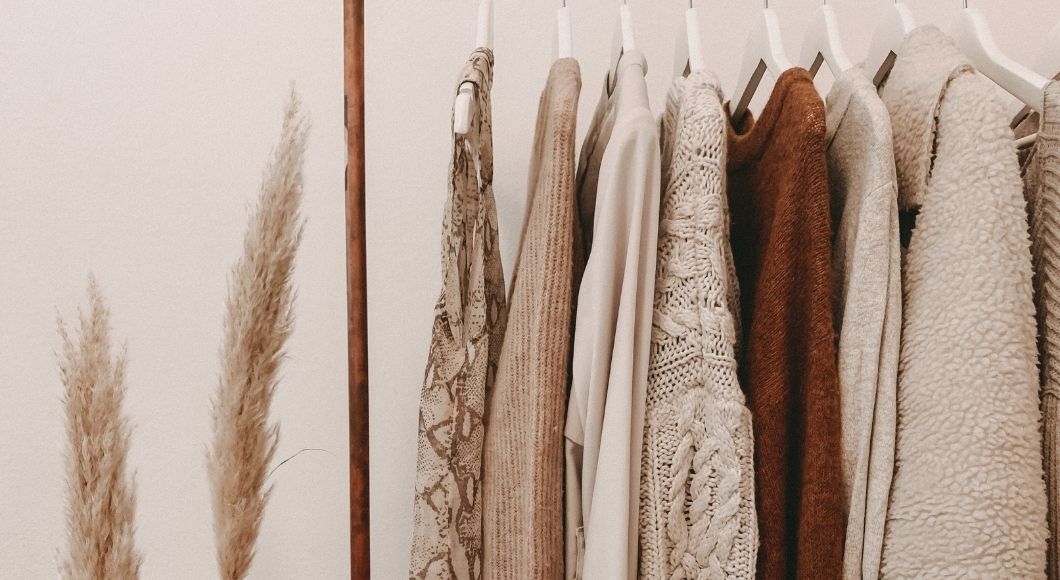
A closet full of clothes, nothing to wear. Sound familiar?
Like many women, I used to succumb to fast fashion shopping. If it was on sale, I bought it. If I needed something for a party or concert or event, I bought it, knowing I’d only wear it once. If I had a bad day, I shopped. And on and on and on.
In 2015, my closet had grown to a fever pitch. A few books and think pieces came into my awareness and forever changed how I view consumption, particularly in clothes, shoes, and accessories. Basically, I had way too many pieces of ill-fitting, poorly made clothing and even though I could purge with the best of ‘em, I couldn’t stop the inflow. Until I really thought about who made my clothes.
Moms make so many decisions on a daily basis, and I know how much easier it is to grab a few clothing items on your Target run rather than take the time to research how they’re made and who makes them.
One more thing to research or think about? I know. But hear me out.
>> RELATED READS :: 5 Must-Haves Clothes for Your Wardrobe this Spring and Summer <<
The Problem with Fast Fashion
Fast fashion is problematic on a lot of levels, but it didn’t hit home for me until, after watching The True Cost documentary, I saw how fast fashion purchases made here in the United States affect women (mothers in particular) across the world — because of the demand for new styles seemingly every month and the low price demands that accompany it, our shopping habits are keeping these mothers enslaved in a system we don’t blink an eye at.
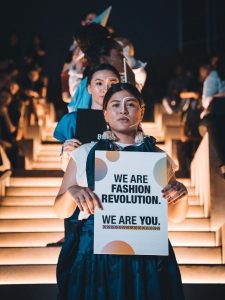 Fast fashion also creates a major disposal problem: You may feel good about bringing your castoffs to Goodwill, but did you know that only two percent of donations make it to the sales floor? Some get shipped off to developing countries on massive pallets or simply tossed into the landfill. More than 15 million tons of textile waste is created each year in the United States, which is double the amount from 20 years ago. More than 10 million of that goes to the landfill. The average person generates 80 pounds of clothing waste. Americans now buy five times as much clothing as they did in 1980.
Fast fashion also creates a major disposal problem: You may feel good about bringing your castoffs to Goodwill, but did you know that only two percent of donations make it to the sales floor? Some get shipped off to developing countries on massive pallets or simply tossed into the landfill. More than 15 million tons of textile waste is created each year in the United States, which is double the amount from 20 years ago. More than 10 million of that goes to the landfill. The average person generates 80 pounds of clothing waste. Americans now buy five times as much clothing as they did in 1980.
Lastly, the methods used to create garments are often harmful to the environment. Denim dye runs off into rivers that eventually becomes drinking water; harmful pesticides are sprayed over cotton plants that eventually become our T-shirts or better yet, onesies and pajamas for our babies.
What Is Sustainable/Ethical Fashion, and Why Does It Matter?
Terms like “ethical” and “sustainable” (or even “slow”) fashion are becoming more mainstream and more en vogue these days. There are a lot of companies out there doing a lot of really good things — for their employees and for the environment. But if those terms conjure up images of tie-dye T-shirts, billowy rayon maxi skirts, and Teva, you’ll be pleasantly surprised to hear just how far the industry has come during the past few decades.
In general, a company is considered ethical or sustainable if they produce products with more ecological integrity and compensate their workers with a livable wage and good working conditions. Many are online retailers with a global reach; others are small storefronts with a few mighty hands sewing garments in the back room.
So why should a busy mom care about sustainable fashion? Or why should we shell out a few extra dollars for a sweater or pair of jeans rather than scooping up the latest styles at Old Navy?
>> RELATED READS :: Comfortable Clothes for Stylish Moms <<
There’s an old adage that we vote with our dollar and in the case of fashion, this is 100 percent true. We can make the choice to support companies who ethically employ women around the world and teach them a skill or trade to provide for their families. Our dollars can send a girl in Uganda to college. Our purchases can provide clean water or plant trees. Our dollars can empower women around the world and keep them out of modern-day slavery.
Buying Fewer, Better Things
Yes, sustainably made clothing is going to cost more than your typical Target dress. I’d argue that it’s with good reason: First, you know that the person who made your clothing is being paid a livable wage — which is why it costs more. Second, paying more per item may lead to valuing quality over quantity, taking better care of your clothes, and giving pieces a longer life cycle.
If the barriers to entry feel too high, there’s always another (perhaps better) alternative: buying second hand. By giving someone else’s castoffs a new home, there’s less going into the landfill and it typically comes with a lower price tag.
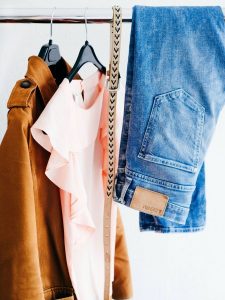 Sustainable Fashion Brands in Texas
Sustainable Fashion Brands in Texas
While there are many online retailers for sustainably made goods, it helps to support local Texas artisans and businesses. Below are a few places to get started:
- Abi Ferrin: Dallas-based designer Abi Ferrin seeks to empower not only the people who make her clothes, but also the women who wear them. Her company supports global programs that rescue, rehabilitate, and restore lives. 3933 McKinney Avenue #103, Dallas, Texas, 75204
- AKOLA Project: All of AKOLA’s jewelry is made in Uganda, providing life-changing job opportunities for women and mothers who create globally-inspired designs. AKOLA believes dignified employment leads to transformed families and economic independence. 6827 Snider Plaza, Dallas, Texas, 75205
- Etico: DFW’s first sustainable collective boutique features nine women-owned brands who all share a passion for people and the planet. Garments are made by women in North Texas and women around the world, all paid a liveable wage. 1455 W Magnolia Ave. Suite 109, Fort Worth, Texas, 76104
- FERRAH: For fans of high fashion, this zero waste design atelier creates custom pieces and limited collections. Founder and designer Lela Orr was featured on season 17 of Project Runway. By appointment only.
- KOCH: Calling all cowgirls and game day fans! If you’re looking for girly mix-and-match pieces, KOCH has you covered. The brand is founded by Nicole Musselman and all garments are manufactured in the U.S. 2600 Fairmont St., Dallas, Texas, 75201
- LAUDE the Label: Formerly known as “Tribe Alive,” LAUDE the Label is a Fort Worth-based retailer with an online shop and a physical storefront in the Magnolia district. Each season they come out with gorgeous neutral and minimalist pieces that serve as the foundation for a wardrobe with longevity. 126 S Main St Suite #100, Fort Worth, TX 76104
- Susanne Taylor and Associates: Located in the Dallas World Trade Center, Susanne Taylor stocks various yoga and fitness apparel lines, all of which are deemed “earth friendly.” She also holds shows around the state. Check the website for upcoming events and address details.




